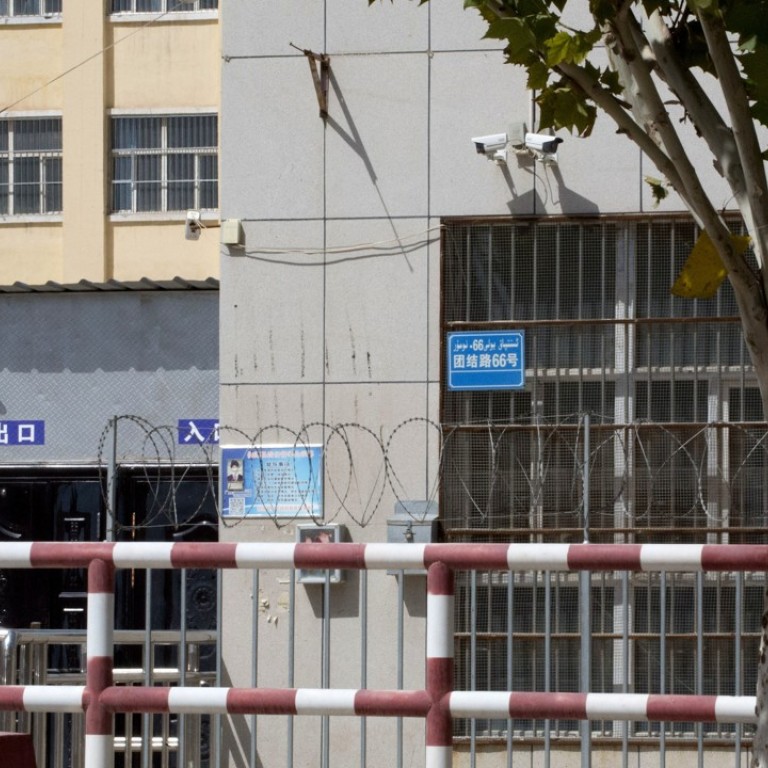
Greater transparency is needed to dispel Xinjiang concerns
- Like any nation, China is obligated to respond proactively to extremism and terrorism in the autonomous region. Just as essential is being more open to foreign journalists and rights groups
Beijing says the well-guarded buildings dotted across the Xinjiang Uygur autonomous region are vocational centres to teach language and job skills to Muslims vulnerable to extremism. Human rights groups and Western media report they are a vast network of internment camps aimed at removing devotion to Islam and culture and instilling loyalty. Despite explanations from officials, doubts remain as to the true story. Foreign journalists and rights activists are denied free and open access and that only deepens suspicions. Greater transparency is necessary to quell concerns.
Ordinarily, there should be little reason to explain. Extremism has long existed in Xinjiang and the threat has worsened with the rise of radical Muslim groups. More than half of the population of 24 million practises Islam and there has been a history of independence movements and resistance to Beijing’s rule. The region experienced a wave of violence from the 1990s until 2015, with riots, bombings, killings of officials and random stabbings that left thousands dead.
China steps up defence of Xinjiang camps with Pakistan meeting
Xinjiang is a resource-rich region bordering Afghanistan, India and Pakistan, and is strategically important to China’s “Belt and Road Initiative”. Maintaining stability is important to the vast infrastructure project and the development of the region and the nation. Any government faced with extremism and terrorism is obligated to respond proactively to protect lives and property. Beijing has used security, technology and intelligence to full advantage, but also has been working to address the grievances of Muslims, some of whom say they have been left out of the region’s economic boom.
Schools that teach Mandarin, job skills and the wrongs of extremism make sense. Seeking out those most likely to fall into the hands of radicals is a strategy that Western nations hit by terrorist attacks have struggled to accomplish. China has the financial resources to make such an effort succeed. But China’s methods are much misunderstood in the Muslim world and there is a high degree of scepticism in the West about its actions and motives, particularly with the administration of US President Donald Trump pushing an increasingly virulent anti-Beijing agenda.
Allaying concerns that a drive against terrorism is being used to subjugate an ethnic minority will take more than issuing statements about “humane treatment” and holding news conferences. US lawmakers are threatening sanctions and Beijing is likely to face scrutiny at the United Nations Human Rights Council next month. Muslim-majority nations in the region – Pakistan, Malaysia and Indonesia among them – need to be better informed about events in Xinjiang. Just as essential is being more open to foreign journalists and rights groups.

